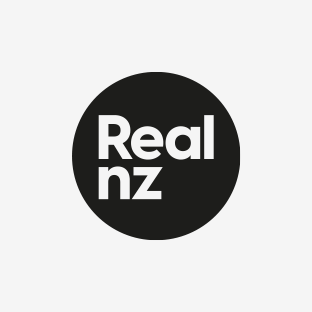

The Kākāriki Karaka Translocation Project
Returning their call: Bringing the kākāriki karaka back to Fiordland
In 2023, we committed to relocating the critically endangered orange-fronted parakeet, the kākāriki karaka.
The kākāriki was once found across Aotearoa New Zealand, dwelling in the forest, nesting, and roosting in tree holes. For hundreds of years, they thrived in their habitats, a place for feeding on plentiful nuts, berries, and insects.
However, introduced predators such as stoats, rats, possums, and cats landed on New Zealand’s shores. Combined with habitat destruction, this vulnerable bird population has been drastically reduced.
Now only 350 kākāriki karaka remain in the wild. What was once a thriving species is now a threatened and nationally critical bird.
What are we doing to help?
Alongside the Department of Conservation (DOC) and Ngai Tahu, RealNZ will help establish a new colony of kākāriki karaka on Pukenui (Anchor Island), Fiordland.
Already familiar with Pukenui, RealNZ lay the groundwork for the project in 2022 when we paid for the replacement of all stoat traps and assisted DOC with preserving the pest-free status of the island.
In 2023 and 2024, we will be funding the bespoke builds of aviaries to establish a safe environment for nesting. The final step will be carefully translocating a population of kākāriki karaka from Ōtautahi Christchurch and establishing a new colony in Fiordland.

Will the project be successful?
A successful and self-sustaining population of wild kākāriki karaka has been established on a predator-free island around New Zealand before. However, the goal of this project is to take the Nationally Critical species from 350 to 500 birds nationwide.
Wayne Beggs, Operations Manager at DOC says that they aim “to ensure the survival of orange-fronted parakeets both on the mainland and on predator-free islands. All known populations are closely monitored. Research focuses on their breeding by doing nest searches and inspecting the nest holes for their level of fledging success.”
With DOC, we’re confident in the project’s success; Anchor Island was chosen due to its pest-free island status, complementing the kākāriki karaka’s vulnerability to predators.

How will we make it happen?
Relocating the kākāriki will be costly. We are proud to have raised over $175K through the RealNZ Conservation Ball and fundraising to allow the fulfillment of the entire project, and we’re committed to returning the kākāriki karaka call back to Fiordland.
Do you want to help the kākāriki karaka?
Key Conservation Projects
- Cooper Island Restoration Project
- Walter Peak Land Restoration Project
- ‘Putangi’ Conservation Wine
- The Kakariki Karaka Translocation Project
- The Takahe Relocation Project
Did You Know?
That ‘kākāriki’ in te reo Māori translates as ‘to be green’.
Did You Know?
That the kākāriki karaka is New Zealand’s smallest parrot.